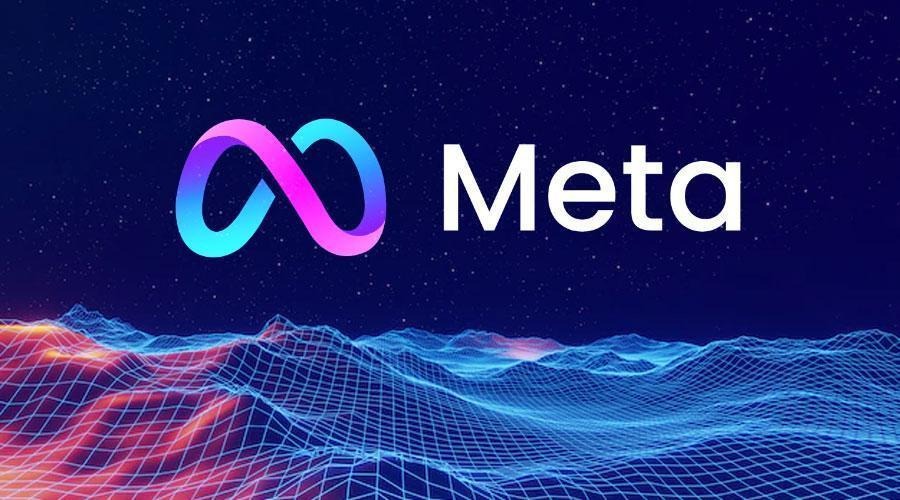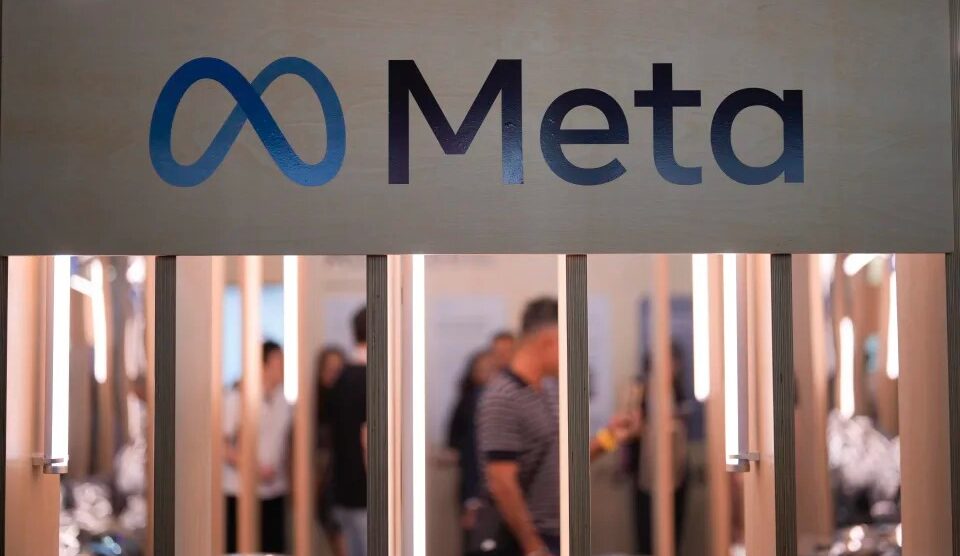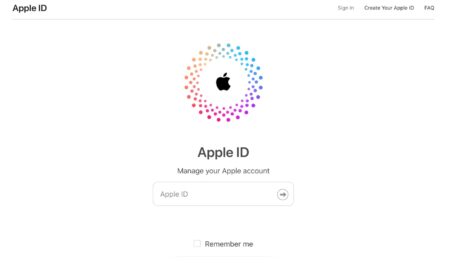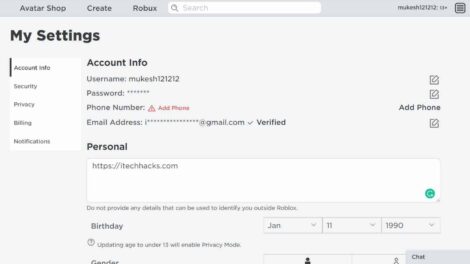In a groundbreaking move, Meta has revealed its intention to permit select third-party messaging apps to integrate with its widely-used platforms, Messenger and WhatsApp. This decision comes as a direct response to a new European law that aims to give users greater control over their data and foster competition within the messaging app market. While Meta has stated that these connections will utilize the same encryption technology as Messenger and WhatsApp, the company has also acknowledged that it cannot guarantee the security of messages sent through third-party apps.
A Departure from Meta’s Long-Standing Policy
Meta’s announcement marks a significant shift in the company’s approach to platform interoperability. Historically, Meta has strictly prohibited third-party apps from connecting with its messaging services, citing concerns over user privacy and security. However, the introduction of the new European law has compelled Meta to reevaluate its stance and adapt to the changing regulatory landscape.
The decision to allow third-party app integration is not one that Meta has taken lightly. The company has built its reputation on providing secure and reliable messaging services, and opening up its platforms to external developers presents a range of new challenges and risks. Nevertheless, Meta has recognized the importance of complying with the new law and has committed to implementing these changes in a manner that prioritizes user privacy and security.
The New European Law: Empowering Users and Promoting Competition
The impetus behind Meta’s policy shift is the recently introduced European law, which seeks to give users greater control over their personal data and encourage competition within the messaging app market. Under this new legislation, users will be able to connect their accounts from different messaging apps, enabling them to communicate seamlessly with friends and family who use alternative platforms.
The law’s proponents argue that by breaking down the barriers between messaging apps, users will be empowered to choose the platforms that best suit their needs, rather than being locked into a single ecosystem. Additionally, the increased interoperability between apps is expected to spur innovation and encourage the development of new features and services, ultimately benefiting consumers.
Meta’s Commitment to User Privacy and Security
As Meta begins to implement the necessary changes to comply with the new European law, the company has emphasized its ongoing commitment to protecting user privacy and security. Meta has assured its users that the connections between Messenger, WhatsApp, and third-party apps will employ the same robust encryption technology that is currently used by its own messaging platforms.
However, Meta has also been transparent about the limitations of its control over third-party apps. While the company can ensure the security of messages within its own platforms, it cannot extend the same guarantees to messages sent through external apps. The security practices of these third-party developers may vary, and any vulnerabilities within their apps could potentially compromise the privacy of user communications.
The Challenges of Third-Party App Integration
The process of integrating third-party apps with Messenger and WhatsApp is not without its challenges. Meta will need to carefully navigate a range of technical, security, and user experience considerations to ensure a smooth and secure transition.
One of the primary challenges will be establishing a robust vetting process for third-party developers seeking to connect their apps with Meta’s platforms. The company will need to implement strict guidelines and security requirements to minimize the risk of user data being mishandled or exploited by external parties. This may involve extensive testing and auditing of third-party apps to ensure they meet Meta’s standards for privacy and security.
Another significant challenge will be maintaining a seamless user experience across different messaging apps. With each app having its own unique features and interface, integrating them into a cohesive ecosystem will require close collaboration between Meta and third-party developers. The company will need to establish clear guidelines and protocols to ensure that users can easily navigate between apps and enjoy a consistent, high-quality messaging experience.

The Potential Impact on Online Communication
Meta’s decision to allow third-party app integration with Messenger and WhatsApp has the potential to fundamentally reshape the way people communicate online. By breaking down the barriers between messaging apps, users will have greater flexibility and choice in how they connect with others, regardless of their preferred platform.
This increased interoperability could also have significant implications for businesses and organizations that rely on messaging apps for communication and customer engagement. As users gain the ability to interact with brands and services across multiple platforms, companies may need to adapt their strategies and invest in new tools and technologies to effectively reach and serve their audiences.
Moreover, the move towards greater interoperability could spur innovation and competition within the messaging app market. As third-party developers gain access to Meta’s vast user base, they will have new opportunities to showcase their unique features and capabilities, potentially driving the development of more advanced and user-centric messaging solutions.
The Future of Messaging: Balancing Innovation and Security
As the world of online communication continues to evolve, Meta’s decision to embrace third-party app integration represents a significant step towards a more open and interconnected messaging ecosystem. However, this shift also underscores the ongoing need to balance innovation and user choice with robust privacy and security measures.
As Meta and other industry leaders navigate this new landscape, it will be crucial to prioritize transparency, user education, and the development of strong security standards. By working collaboratively with regulators, developers, and users, companies like Meta can help to shape a future where individuals can enjoy the benefits of seamless communication across platforms, without compromising their privacy or security.
Ultimately, the success of this transition will depend on the ability of all stakeholders to adapt to the changing technological and regulatory environment, while remaining committed to the core principles of user empowerment, innovation, and responsible data stewardship.
Conclusion
Meta’s announcement of its plan to allow third-party messaging apps to connect with Messenger and WhatsApp marks a significant turning point in the company’s approach to platform interoperability. Driven by a new European law aimed at empowering users and promoting competition, this move has the potential to reshape the messaging app landscape and usher in a new era of communication flexibility.
As Meta works to implement these changes, it will face a range of challenges and opportunities in ensuring the security, privacy, and seamless user experience that its users have come to expect. By embracing transparency, collaboration, and a commitment to innovation, Meta and its partners can pave the way for a future where users can connect and communicate freely, without sacrificing the trust and reliability that are the hallmarks of a truly user-centric messaging ecosystem.










Add Comment